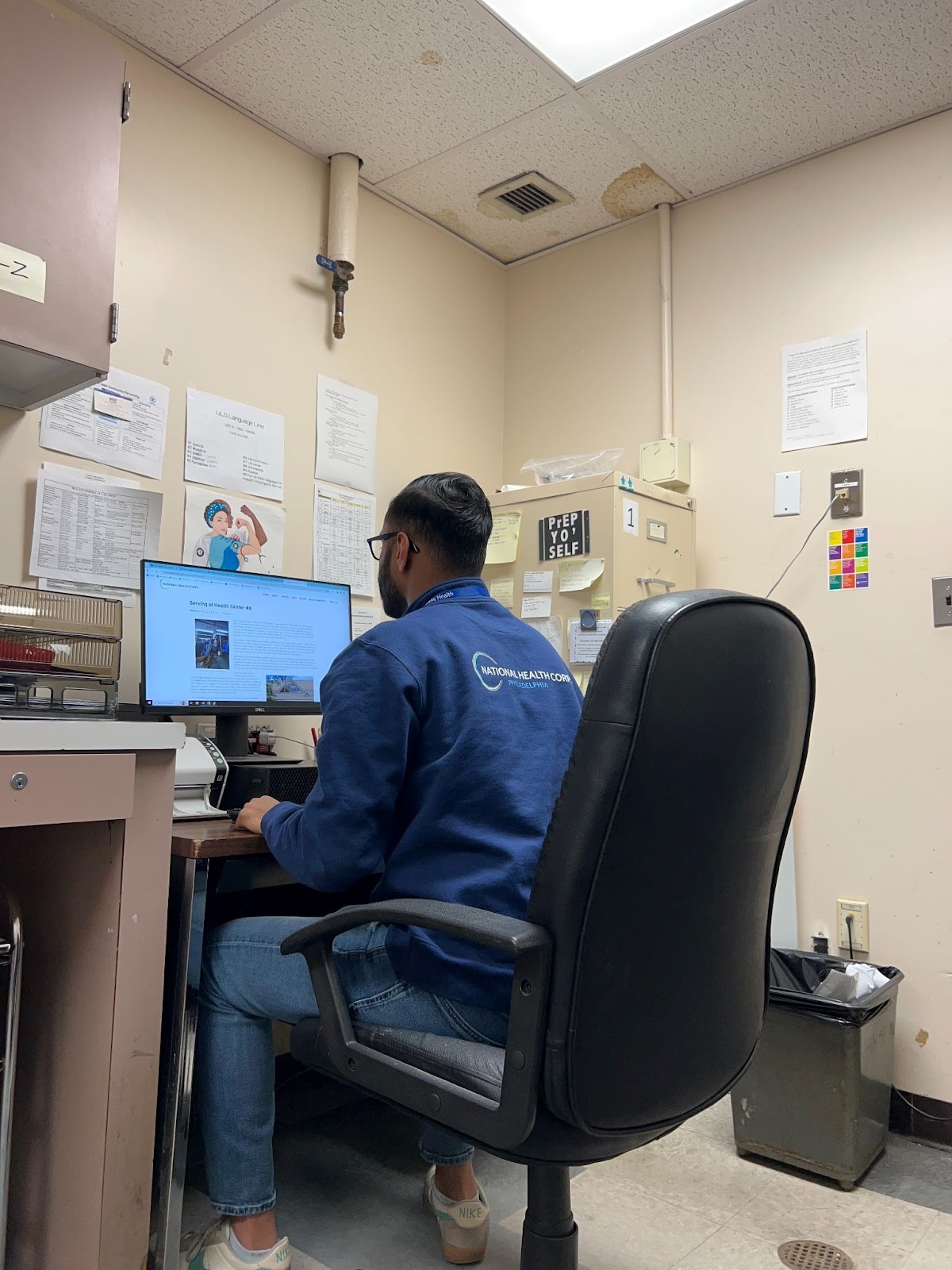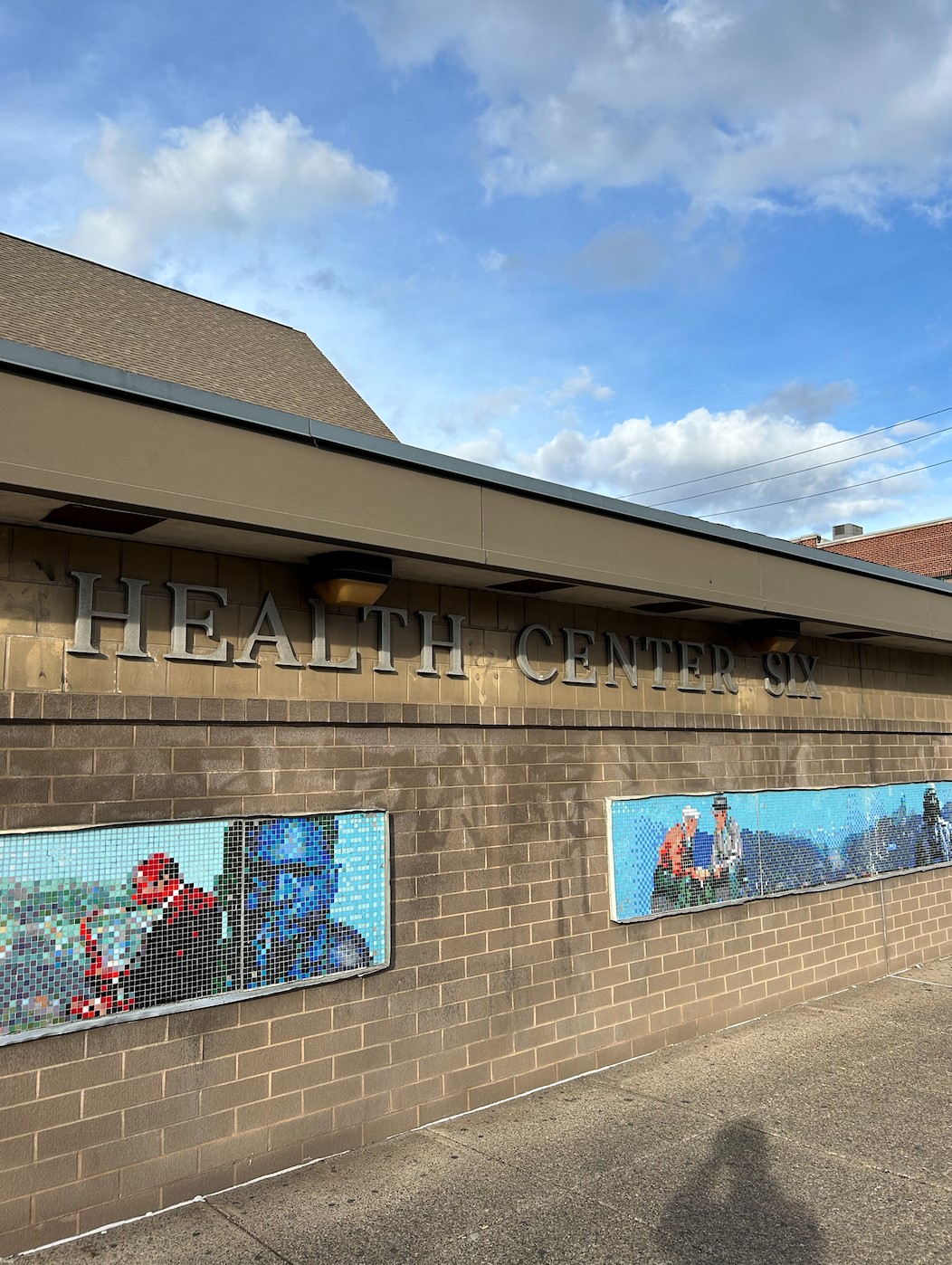From Southern Comfort to Philly's Hustle: Bridging Languages and Cultures in Healthcare

Transitioning to life in bustling Philadelphia as a Southerner posed unexpected challenges, with the serene roads I once knew replaced by a maze of activity. Navigating the MFL, I constantly found myself on alert, adapting to a new environment that was already daunting, even as a native English speaker. Yet, this experience pales in comparison to the struggles faced by non-native English speakers, a reality I've come to understand intimately through my work as a Patient Advocate at Health Center 6 (HC6) this year.
In my role, I am entrusted with the vital task of linking low-income and underserved patients to essential resources, particularly affordable prescription medications. At HC6, where a significant portion of patients are non-native English speakers, the presence of Spanish interpreters is indispensable. The frequent announcements over the intercom for interpreter assistance underscore the critical need for language support in healthcare settings.
For non-English speakers, accessing healthcare services, comprehending medical guidance, and adhering to treatment plans can be immensely challenging. I've witnessed firsthand the barriers faced by Spanish-speaking patients when attempting to fill prescriptions at retail pharmacies due to language discrepancies. Often, these pharmacies lack interpreters, leading to misunderstandings and delayed care, highlighting the importance of addressing cultural nuances.
Effectively addressing the needs of Spanish-speaking patients demands systemic changes. This entails implementing policies to ensure language access services are readily available and integrating cultural competency training into healthcare professional education. Moreover, tailoring healthcare services to accommodate linguistic and cultural preferences fosters improved patient satisfaction and health outcomes.

As a bilingual patient advocate, I leverage my proficiency in Spanish to empower patients with knowledge about the healthcare system, enabling them to make informed decisions about their care. My experience at HC6 has emphasized the necessity of a comprehensive approach to dismantling language and cultural barriers, ultimately enhancing healthcare access and outcomes for all patients. By prioritizing inclusivity and understanding, healthcare providers can ensure that every patient receives the quality care they deserve